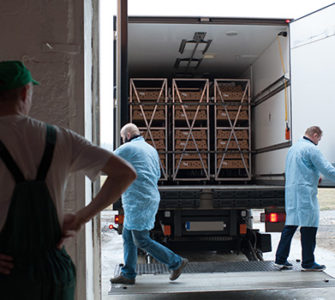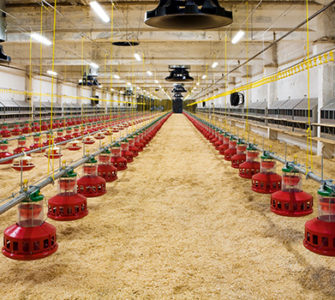Commercial poultry vets can help backyard growers, and themselves, by sharing tips on biosecurity
Improved communication between poultry company veterinarians and backyard chicken growers could help improve biosecurity and reduce disease spread for all flocks, Tom Tabler, PhD, an extension professor with Mississippi State University, told Poultry Health Today.
Tabler acknowledged that commercial poultry veterinarians already have a full plate, but he would like to see a way for them to help educate backyard growers who often know little about biosecurity, its importance or how biosecurity procedures can be implemented.
“The two worlds are pretty far apart,” he said. At meetings or conferences for backyard chickens, there are rarely veterinarians from commercial growers present, nor are any backyard growers ever present at gatherings frequented by commercial poultry veterinarians.
In his experience, backyard growers are inquisitive and would welcome information that poultry company veterinarians could provide about biosecurity. Backyard growers may not realize they can pick up disease and track it to their flocks if they fail to change boots and clothes after a visit to the feed store or coffee shop where other chicken growers are present. They may not understand that delivery trucks can bring disease to their farm or why it’s important to restrict who comes near their chickens, Tabler said.
“Now, you can’t control what your neighbors do, or what the person down the road does…but you can control your own, and you can at least eliminate your operation as a threat to everyone else close to you and in the commercial world as well,” he said.
Tabler added, “If you’ve never known any better, and no one’s ever told you any different, you may be doing the wrong the thing and not know you’re doing the wrong thing…if you’ve never been taught, it’s hard to understand what’s right and what’s wrong.”
Posted on January 14, 2019

















